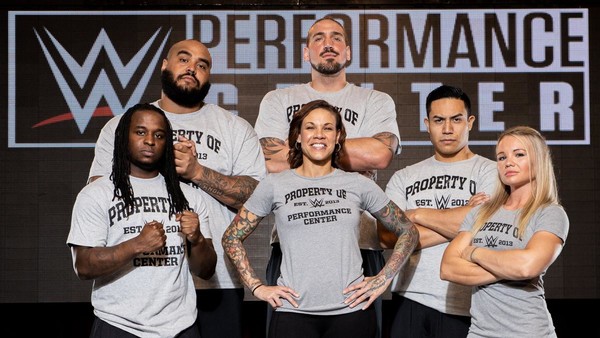8 Things That Probably Led To Triple H's WWE Demotion
How the Game got played.

It was reported earlier this week, by Brandon Thurston's extraction of a proxy statement, that Triple H has a new corporate title in WWE: Executive Vice President of Global Talent Strategy & Development. He has worked in this role since February 2020.
The dissonance between the title and the explanatory copy - the 'Creative' curiously missing from his previous title remained a part of duties in the release - caused some to forecast this as a demotion, a theory strengthened by NXT's failure to arrest AEW's momentum as part of the ongoing Wednesday Night War. Further details have now surfaced in this week's Wrestling Observer, in which Dave Meltzer writes "there are those internally and externally who have called it a quiet demotion".
Paul Levesque's corporate role, to use corporate speak, appears to have been "streamlined", in that his responsibilities are now focused primarily towards the expansion of the NXT brand and selling it to TV stations globally.
This remains hearsay - Thurston, a very intelligent business mind, has exercised caution behind exacerbating a "cynical narrative" until official future communications clarify things - but let's not forget Vince once demoted Stephanie from heading up creative. This isn't remotely unprecedented, close family ties be damned. Vince is ruthless.
It remains unclear whether the new job title formally constitutes a demotion, and its pejorative connotations of failure, but if it is, it's likely the result of...
8. The Failure Of The Performance Center

The Performance Center, if not entirely unfit for purpose in theory, has thus far failed - quite drastically - to function effectively.
Constructed seven years ago to considerable expense as star-creation factory, it has failed to produce a single, difference-making megastar, despite the vast number and diverse backgrounds of the talent recruited to it, state-of-the-art facilities, and respected wrestling minds that staff it. In theory, it exists to create and or develop talent to ready them for the international stage; in reality, the excellent, critically-acclaimed acts that dominate TakeOver events developed their in-ring skills - and more significantly, their ability to connect with the audience - in the decidedly less glamorous confines of the American Legion Center, home to Pro Wrestling Guerrilla.
PWG, with no formal connection to WWE - and operated with a spirit almost antithetical to it - is nonetheless WWE's most successful feeder promotion beyond Ohio Valley Wrestling. The PC is essentially a gym to those talents, and a sort of stasis to the collegiate athletes, former football players and gymnasts who have rotted within its walls for years.
The lack of the personal touch, homogenised training, inability to supplement training with a true road test beyond the Largo loop, whatever: the Performance Center - Triple H's great vision for WWE's future - has not secured it.